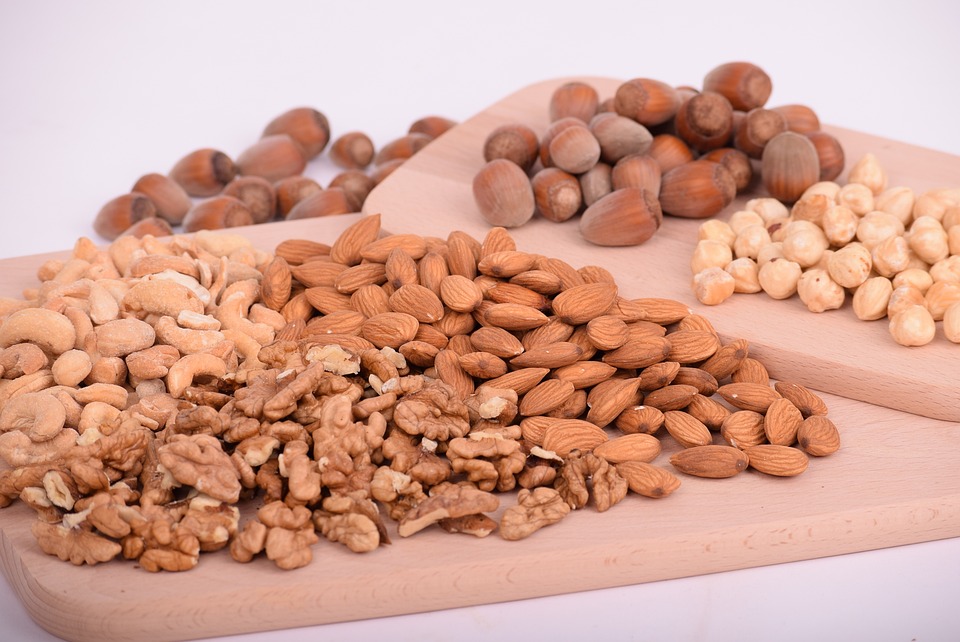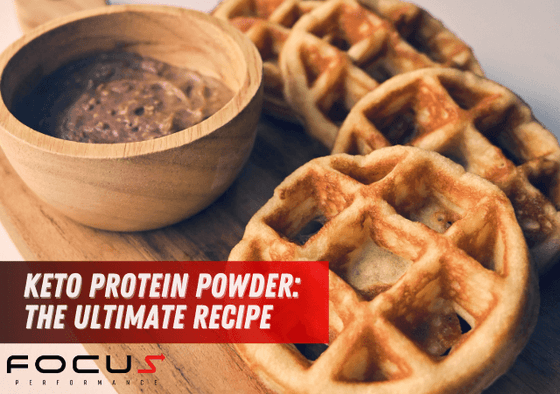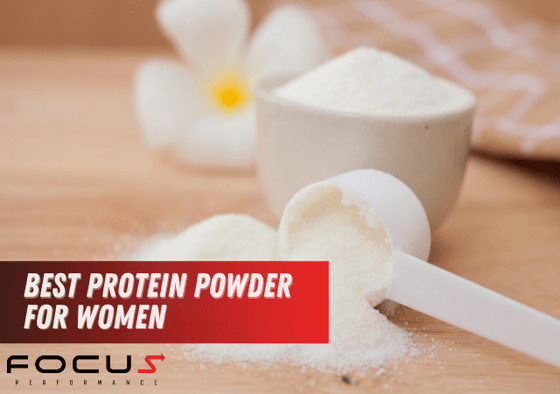
It is the job of the immune system to defend the body against disease and illness. This complex system is composed of organs, skin cells, bone marrow, blood, and tissues that protect the body against harmful pathogens. The immune system also minimises the damage from noninfectious agents, such as cancer or sunburn.
For it to operate optimally, each component in the immune system has to perform according to its function. The best way to make sure this happens is to boost your immune system by following natural methods.
The nutrition that can be obtained from food – particularly those that are plant-based like vegetables, herbs, and fruits – are vital in keeping the immune system operating accordingly. Numerous plant-based foods contain antimicrobial and antiviral properties that can help the body fight against infection.

For instance, researchers found that spices such as cinnamon, clove, thyme, cumin, and oregano have antimicrobial and antiviral properties. These properties are essential in preventing the growth of bacteria like Pseudomonas fluorescens and Bacillus subtilis. It can also ward off antibiotic-resistant organisms such as Staphylococcus aureus.
Additionally, nutrients like vitamin C, A, B6, and B12 are beneficial to immunity. These minerals are needed by the immune system for it to perform its job optimally. Selenium, iron, zinc, folate, and copper also play a role in contributing to immune function.
According to a 2017 study, researchers found that being deficient in vitamin C could increase the chances of infection. Since our bodies do not produce this vitamin, we need to obtain it by consuming foods like kiwis, oranges, and certain vegetables. Half a cup of red peppers, for example, can provide you with your daily vitamin C requirement.

Apart from vitamin C, protein has also been found to benefit immune health. Amino acids present in protein contribute to repairing and building immune cells. Deciding to skimp on this essential macronutrient could reduce the body’s ability to combat infections.
A 2013 study may provide hints concerning protein’s role in immune function. Scientists found out that mice that consumed a diet that consisted of very little protein were affected more by the flu than those rodents who ate a normal protein diet. After the researchers fed the first group with the standard healthy diet, the mice began fighting off the virus better.
These findings show that people should focus more on a healthy diet that benefits immune health. Consuming more plant-based foods can be very good for your immunity.
Vegetables can be added to soups and stews while fruits can be eaten directly as snacks. Meanwhile, red bell peppers, spinach, carrots, broccoli, citrus fruits, and strawberries are rich in vitamin C. They also are high in vitamin A.

Nuts and seeds can provide you with the protein, zinc, and vitamin E you need for your immune health. Of course, some of the best sources of zinc and protein can be found in lean meat, seafood, and poultry.
Stress is another factor that can hamper your immune system. According to a 2015 review, long-term stress can lead to increased levels of cortisol.
Hormones such as cortisol are relied upon by our body whenever short-term stress is experience. Cortisol benefits by stopping the immune system from responding before the end of a stressful event. However, constantly high levels of cortisol can essentially block one’s immune function from starting and protecting the body from possible threats.
The good news is that many techniques can effectively reduce stress. Common recommendations from experts include journaling, meditation, and fun activities like playing golf, drawing, or fishing.

Aim to do at least a single stress reduction activity each day. If you are short on time, start with a short activity for now. Allocate at least five minutes each day to do something fun and increase it whenever possible.
When we sleep, our body heals and regenerates lost tissues. That is why sleep is critical to a healthy immune system.
Sleep is also the time when the body creates and sends out important immune cells such as cytokines, T cells, and interleukin 12. All of these cells work to regulate immunity within the body.
A person who doesn’t get sufficient sleep may have a less robust immune system. Their body may not have enough capacity to defend against viruses and bacteria, increasing the chances of falling ill.
One study on sleep found that individuals who often experienced sleeping problems were more susceptible to the flu despite being vaccinated. Being deprived of sleep also leads to elevated levels of cortisol, which is not good for immunity.
According to the National Sleep Foundation, adults should get a minimum of seven hours of sleep every day to optimise overall health. You can prioritise good habits before sleeping by turning off electronics and avoiding stressful or violent conversations a few hours before bedtime.
Exercising regularly reduces the risk of having chronic diseases, such as type 2 diabetes and heart disease. Being active also results in fewer chances of catching a bacterial or viral infection, according to a 2018 study.

With exercise, your body also releases endorphins, which are hormones that create feelings of happiness while reducing pain. Endorphins are great to have when you want to manage stress. Exercise can improve immune response by providing positive benefits to one’s immune health.
Adults should get a minimum of two and a half hours of moderate aerobic exercise each week. These types of exercises include jogging, cycling, or walking. Another option is to get an hour and fifteen minutes of high-intensity exercise, such as running once a week. Do keep in mind that more activity is often linked to more health benefits.

To benefit the immune system further, doctors recommend that people should exercise regularly outdoors. By spending time in nature, you not only help improve your mood, but you can also lower blood pressure and support the immune system.
Sunshine can also provide your body with vitamin D, which is essential for immune health.
Cigarette smoking affects immune health significantly. Substances that are considered as toxins can compromise one’s immunity.
Carbon monoxide, cadmium, nicotine, and nitrogen oxides – the chemicals from cigarette smoke – can hamper immune cell growth and function.

Smoking can also cause bacterial and viral infections to get worse, including post-surgical infections and rheumatoid arthritis.
The best thing to do is to not smoke and avoid secondhand cigarette smoke as much as possible. If you are already a smoker, many resources can help you get rid of the habit. Counseling, prescription non-nicotine medications, and behavior therapy can be beneficial.
Consuming too much alcohol can lead to a variety of negative health conditions, including compromised immune function. Drinking high amounts of alcohol can lead to your body prioritising detoxification rather than normal immune function.

A study that was published in 2015 mentioned that excessive alcohol consumption can lead to a weakened body that cannot fight off infection. Recovery time is also significantly hampered. This leads to people who drink too much alcohol to be more susceptible to conditions like alcoholic liver disease, pneumonia, and acute respiratory distress syndrome.
For drinkers, lower your alcohol consumption to just one drink a day. This amount is equivalent to around a single 4-ounce glass of wine for women and two drinks for men.
Long-term health conditions, such as asthma, diabetes, and heart disease can impact immunity and heighten the risk of infections.
For instance, if a person with type 2 diabetes fails to manage their blood sugar appropriately, they can experience low-grade inflammatory responses that can weaken the defense system of their body.
Likewise, asthmatic individuals become more vulnerable to the flu and oftentimes experience asthma and flu symptoms that are worse due to infection. People with chronic conditions who get sick require more effort from their bodies to recover.
By managing these chronic conditions, you can free up more of your energy to help the body fight off infection. Make sure you stay on top of your healthcare routines to help keep these symptoms at bay. This approach can definitely benefit your immune response.
As mentioned earlier, specific foods can help boost the immune system and prevent viral and bacterial infections.
Here are five of the most essential nutrients that you can have to benefit your immune system.
Vitamin E is known as a powerful antioxidant that benefits the body in many ways. Keeping a sufficient level of vitamin E is vital in strengthening your immune system. This is especially true among older individuals.
To get your vitamin E requirement every day, you can add the following to your diet:

Like vitamin E, vitamin C is an essential nutrient to strengthen your immune system. Being an antioxidant, this vitamin can help boost the immune system of people who are experiencing major stress.

You can increase vitamin C intake by adding the following fruits and vegetables to your diet:
These fatty acids are known to reduce inflammation while keeping the immune system functioning optimally. Although it is still unclear if omega-3 fatty acids contribute to fighting infections, research has shown that they can protect against disorders like ulcerative colitis and rheumatoid arthritis.

The following foods are rich in omega-3:
Another beneficial antioxidant are carotenoids. These are a type of pigment that is present in many fruits and vegetables. Upon consumption, carotenoids are transformed into vitamin A, a nutrient that benefits immune response.

The following foods can provide carotenoids:
An essential mineral that contributes to the production of specific immune cells is zinc. Low levels of this nutrient can lead to an impaired immune function.

That is why people should add the following foods to get zinc:
It is possible to make several dietary and lifestyle changes, as well as taking supplements to immediately to boost your immune system.
The tips that are provided in this article are some of the most effective suggestions to get you started.
Although none of these tips have been proven to fully prevent viral and bacterial infections, they may enhance your body’s defenses against these harmful pathogens.
Despite the benefits we’ve learned about protein powders, not all of them are keto-friendly. Just like any product for people on a low-carb diet, you need to read the label closely to make sure you’re not consuming added carbs and sugars.


Scott Reid
Author
Scott Reid is a 2 x Britain’s Strongest Man U105kg winner (2007 & 2008) and IFSA World's Strongest Man U105kg Competitor. He is an expert in strength and conditioning and also coaches functional nutrition. Scott’s passion for understanding the human body and how to optimise every aspect of it has driven him to study under legends such as Paul Chek. Scott now coaches MMA Athletes, Strongmen and Bodybuilders to name but a few, helping them to implement a well structured diet and become more powerful, explosive versions of themselves.